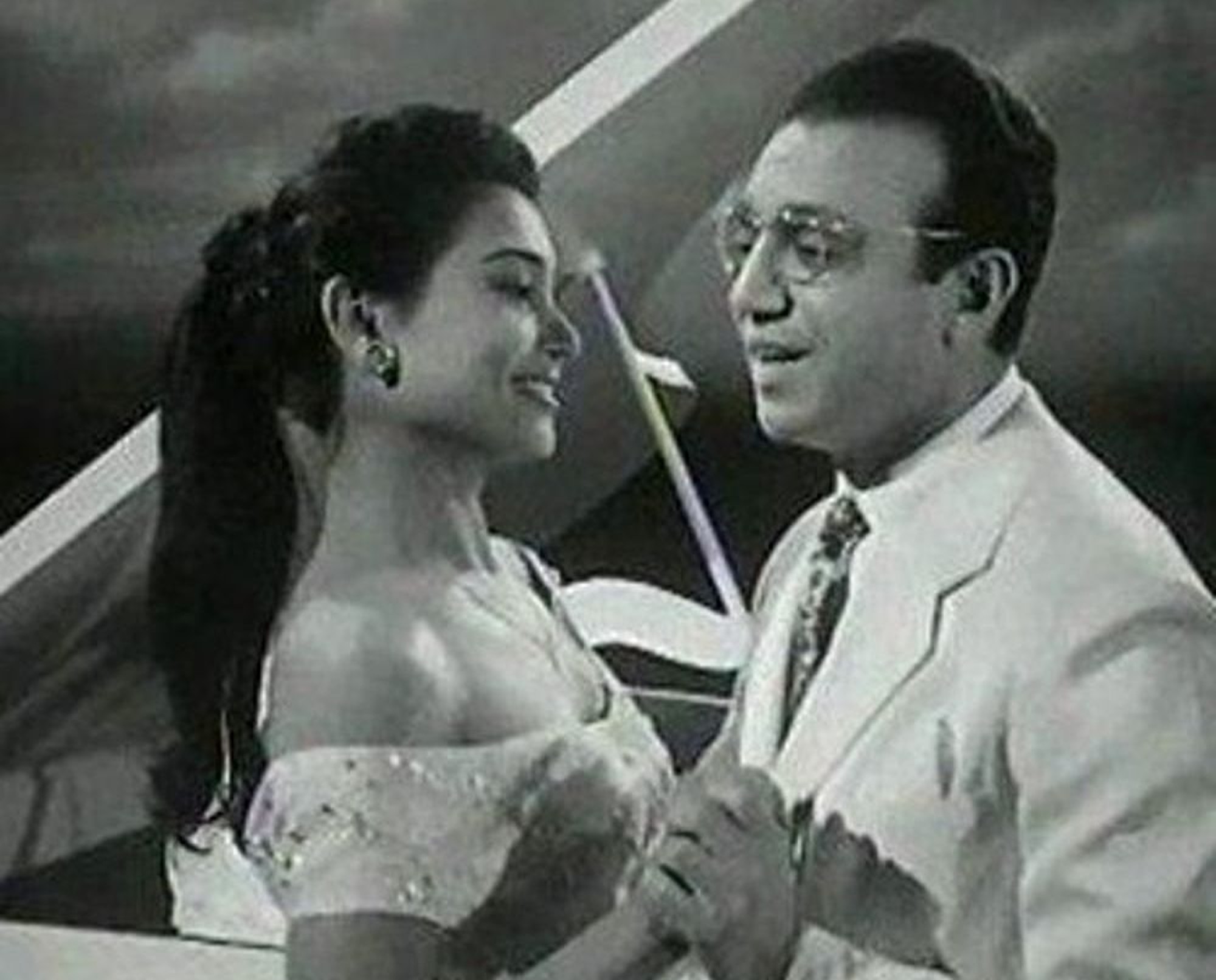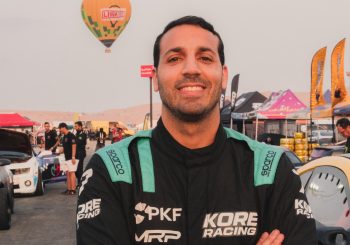Every era, and every decade, carries its own melody, echoing the wild, chaotic, and at times, the meaningful moments that defined it. It might seem strange to think that years can be captured in just one song or lyric. But just as we remember people through a few impactful words or actions, life, too, can be felt through a single song that touches us deeply.
In 1977, the Bee Gees released Stayin’ Alive (1977), a track that captured a defining cultural moment—the rise of disco fever and a worldwide craving for excitement and escape, set against the backdrop of soaring economic struggles.
Then, in 1984, British rock band Queen gave us I Want to Break Free (1984), a song that became an anthem against racial and societal oppression, especially during the era of communism in Eastern Europe.
In Egypt, songs and artists have long painted the essence of entire eras and decades. Among them is Umm Kulthum, who stands as a timeless icon. Recently, the Ministry of Culture honored her by designating 2025 as the “Year of Umm Kulthum.” Her voice transports listeners to an Egypt where films may have been in black and white, but the art, the music, and the soul of the time were bursting with color.
In that same era, another song emerged, one that still mirrors the spirit and culture of our time. Even today, it finds new life, reimagined by modern groups like Disco Misr, who have given it a fresh sound five years ago. That song is El Donia Risha F Hawa (This World is a Feather in the Wind, 1957), a gem written by Mamoun El-Shenawy, composed by Mohamed Abdel Wahab, and sung by Saad Abdel Wahab in the classic film, Alamuni El Hub (They Taught Me Love, 1957).
From the title alone, the song may seem heavy or overly poetic, like a dramatic monologue in the final scene of a serious film. However, since it is written and composed by Egyptians — who generally tend to approach life with a sense of lightness — the song actually carries an upbeat, cheerful vibe, even if the lyrics sound deep or thoughtful.
Whether you are driving or buried in a study session, the song’s unserious vibe and playful tone somehow make you feel all optimistic and a little delusional, even if just for a few seconds. It is hard to say if it is the lyrics or the music that does it, but either way, you cannot help but get sucked into its fun, no-worries world.
Between each chorus, there is a brief pause, a chance to hear the piano and traditional Arabic instruments like the oud. Yet, the more you listen, the more the rest of the song seems to dissolve into the opening line, which continues to stay with you: “This world is a feather in the wind, flying without wings. Today, we’re together, but tomorrow, where will we be?”
At different points in life, it can feel like the world is just too much, as if you’ve lost all control, especially now, with rapid technological advances and intense political and economic shifts. Surveys show that many young people are taking on extra jobs or side hustles just to keep up with the lifestyle their parents had. Yet at the same time, they are feeling more doubtful than ever about reaching the same milestones, like buying a home or starting a family.
To make matters even more complicated, social media and emerging technologies like AI are amplifying the pressure, leaving many young people feeling like they are losing control of their own lives. As they rely more on AI and other tech tools, it often feels as though their independence is slipping away, with machines making decisions for them and shaping their choices in ways they cannot fully control.
How can any one person possibly handle all of that on their own? What role does the individual even play in a society where it’s become so hard to steer your own life? Some argue that the age of hyper-independence is over, and young people are craving community and connection more than ever. This is also why coffee culture has been growing, as more young people are seeking the basic human need to connect and feel a sense of belonging.
We long to be gently held, to feel softly, and to move through life with ease, even when it feels overwhelming. We long to pause, to truly feel, and to think with the same lightness we had as children, holding onto that innocent delusion, or what digital culture now calls “delulu,” that let us find beauty even in a world filled with harshness.
It’s no surprise that “delulu” made the shortlist for Collins Dictionary’s Word of the Year 2024. Defined as “utterly unrealistic,” the term perfectly captures the spirit of our times. And no song embodies this moment, this “delulu era,” quite like El Donia Risha F Hawa, encouraging us to face the world with a lighter heart, to let go of carrying every weight on our shoulders, and to stop trying to control every little detail.
Because even if you hold onto the feather, trying to stop it from floating in the wind, you’ll miss the pure beauty of simply watching it dance with the breeze.
The opinions and ideas expressed in this article are the author’s and do not necessarily reflect the views of Egyptian Streets’ editorial team.
To submit an opinion article, please email [email protected].







Comments (0)